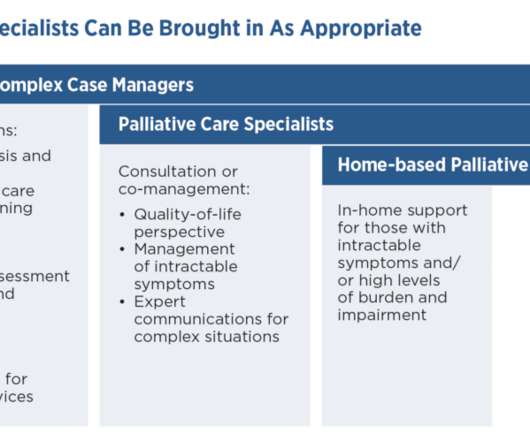Unpacking CMS’s Final Rules on Medicaid Access and Managed Care
NCQA
JUNE 28, 2024
The Centers for Medicare & Medicaid Services (CMS) recently announced two major updates to Medicaid regulations. This blog will delve into their significance and key policy implications for states and managed care organizations (MCO). Ensure Payment Adequacy for HCBS Direct Care Workers.













Let's personalize your content